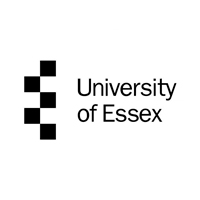fees waived
Human Biology, BSc (Hons)
University of Essex, United Kingdom
Subject ranking
UK / The Times 21st
UK / Times 40th
UK / Guardian 43rd
Costs
food & rentS$16.8K / year
Entry requirements
Scholarships
Unlimited quantity
Limited quantity
Limited quantity
Information
Code
Intakes
Website (External)
Programmes
Information
Duration
2027
How does the body respond to challenges such as infection? What is the future of stem cell therapies? How does our lifestyle and genes affect our risk of disease?Understand the structure and function of the human body, from the cells and molecules that perform the chemical reactions for life, to the mechanisms of disease and how our immune system fights infection. Our BSc Human Biology builds on the foundations of biology to explore the complexity of the human body using cutting-edge technology. You learn how recent advances in understanding our genetic make-up and cellular function is leading to exciting new developments in treating and preventing human disease.Our course provides you with a cellular and disease-focused understanding of human biology, covering topics including:
- Anatomy and physiology
- Cell biology
- Genetics
- Immunology
- Microbiology
A local representative of University of Essex in Singapore is available online to assist you with enquiries about this course.

